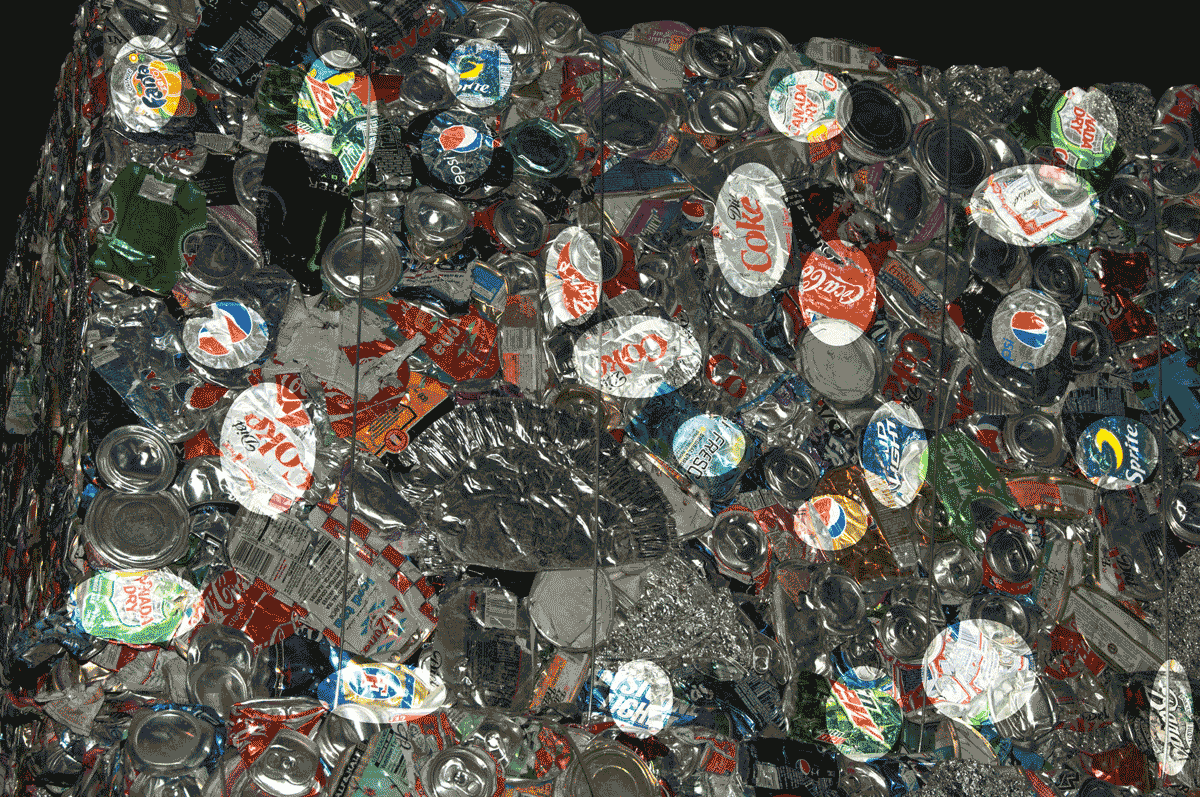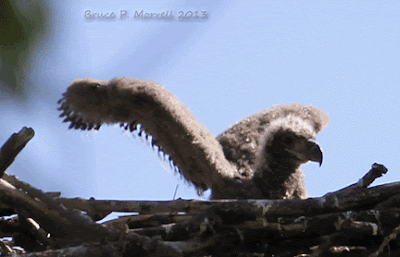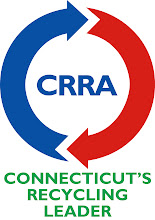For many years we've been saying that turning trash into electricity is the most environmentally responsible method of dealing with garbage. A family of American bald eagles agrees so strongly that they've become our Hartford plant's next-door -- or next-tree -- neighbors.
At left is a map of the South Meadows area of Hartford highlighting the two sections of CRRA's trash-to-energy plant. The eagle icon marks the location of a large tree where, for several years, eagles have nested. We've noticed the eagles many times over the years but it wasn't until earlier this month that we got good pictures of the eagles.
Bruce Morrell, a shift supervisor at the power facility, paddled his kayak onto the Connecticut River and, with a Canon 60D camera got some spectacular images.
Here's one of the eagles bringing the catch of the day back to the nest, where two hungry eaglets are waiting.
The section of the river adjacent to the plant is prime fishing territory for birds and humans. A small fish called an alewife attracts larger fish like bass, carp and perch, and since alewives seem to like the waters around the plant the area is popular with fishermen of all species.
You can see the two babies in the image below. One is inside the nest while the other appears to be sitting a little higher.
Below are mom and dad with the little ones safely beneath them.
In all of nature, there are few things more spectacular than seeing an American bald eagle in flight. To have a family of them living next to our trash-to-energy plant is special.
In the image below, one of the eaglets is sitting alongside mom.
Here's one of the young ones trying his (her?) wings.
This adult can see for miles and miles . . .







.gif)




